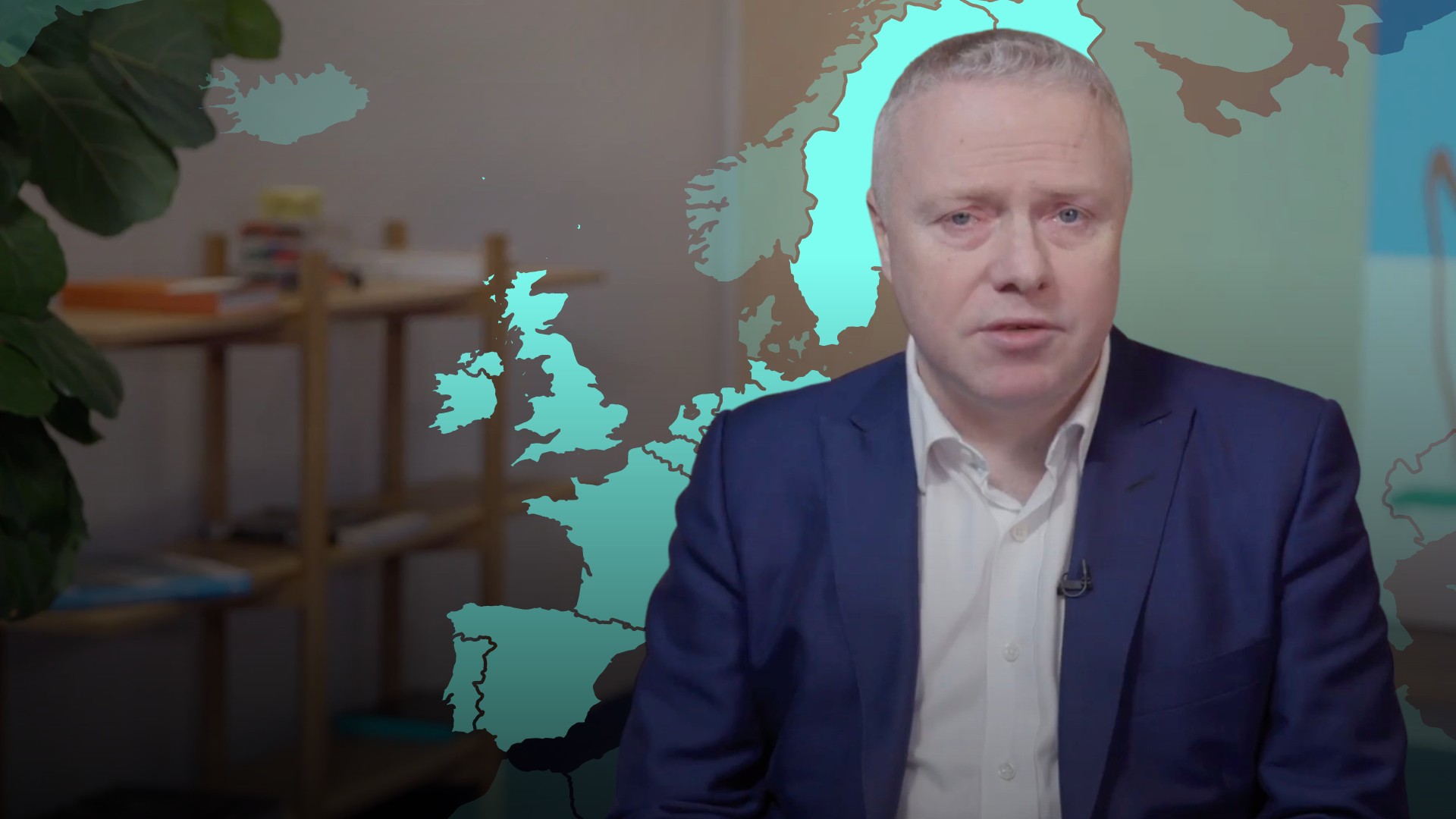
Neoliberalism in the UK, US and EU

Trevor Pugh
20 years: Trading & hedge funds
In the first video of Trevor's series on fiscal and monetary policy largesse, he explains the policy mix of the major Western economies, in particular, that of the European Union. In so doing, Trevor describes different policy reactions to the 2008 Financial Crisis, and defines neoliberalism and ordoliberalism.
In the first video of Trevor's series on fiscal and monetary policy largesse, he explains the policy mix of the major Western economies, in particular, that of the European Union. In so doing, Trevor describes different policy reactions to the 2008 Financial Crisis, and defines neoliberalism and ordoliberalism.
Subscribe to watch
Access this and all of the content on our platform by signing up for a 7-day free trial.

Neoliberalism in the UK, US and EU
6 mins 22 secs
Key learning objectives:
Identify the historical policy mixes used by the UK, US and EU
Define neoliberalism and ordoliberalism, and describe their similarities
Learn about the different policy reactions to the Financial Crisis
Overview:
There are many similarities between the approach taken by the US, the UK and the Eurozone to stimulating growth and development. All three take their cue from economic neoliberalism - that is the idea that markets know best and as much as possible should be left alone.
Subscribe to watch
Access this and all of the content on our platform by signing up for a 7-day free trial.
How did the policy mix of the Western world change throughout time?
Keynesianism - For decades, Keynes' ideas held sway, encouraging governments to step in with extra spending when demand was weak.
During the 1970s, Keynesianism fell out of favour and became discredited. The Vietnam war, a pair of oil shocks, and a slump in productivity growth all contributed to the unravelling confidence in “activist economics”.
European Monetary Union - The intellectual framework that took over from Keynesianism was known as monetarism and developed largely from ideas of Milton Friedman, in particular his statement “inflation is always and everywhere a monetary phenomenon”. Hence, central bankers took to controlling inflation and the monetary supply with great enthusiasm.
Trust-the-market economics - In the 1990s this became prevalent because:
- The peace dividend from the end of the cold war made it easier to reduce Federal spending
- Globalisation weighed on wages and prices
- New technologies drove a surge in productivity and prosperity
Hence, administrations in the UK and US shifted from policies where the state attempted to assist, towards the idea that fiscal policy would make matters worse.
What is neoliberalism?
The concept elevated markets above other concerns. It was in the 1980s, under Ronald Reagan in the US and Margaret Thatcher in the UK, that neoliberalism came to the fore. The main concepts include:
- The role of the state should be strictly limited to creating the conditions which will allow individuals to interact and allocate resources through market transactions
- Central banks should be independent and focus on price stability rather than wider goals such as full employment
- The collective dimension of labour (bargaining power) should be weakened
- Financial markets should be structured so as to prioritise the shareholder interest
In general, if there are problems in the economy, it must surely be monetary policy that takes the strain. No good will come from allowing expansionary fiscal policy to interfere.
What is ordoliberalism?
Europe developed its policy mix with a version of neoliberalism known as:
Ordoliberalism - Ordoliberalism recognises the importance of competition law - that state intervention is required to construct and correct markets. It also does not call for an independent central bank.
What are the similarities between neoliberalism and ordoliberalism?
- Intellectual heritage
- Emphasis on fiscal rectitude on the part of governments, driven by a belief in the overriding importance of stable currency
Despite this, it has been neoliberalism that has driven the extraordinary monetary interventions witnessed in recent times.
What were the different policy reactions to the Financial Crisis?
- In late 2008, China announced a fiscal stimulus worth an incredible 12.5% of GDP, with the money to be disbursed by the end of 2010
- The UK and the US initially responded with considerable increases in public spending, in addition to the lowering of interest rates and the implementation of QE
- Fiscal Austerity - the UK taking the government debt to GDP ratio from around 10% back down to 2% under the Conservative led governments since 2010. The EU never had the option of significant fiscal loosening, limiting the debt to GDP ratio of member states to 3%. This is extremely limiting in cases where emergency spending is required
Subscribe to watch
Access this and all of the content on our platform by signing up for a 7-day free trial.

Trevor Pugh
There are no available Videos from "Trevor Pugh"



























